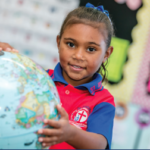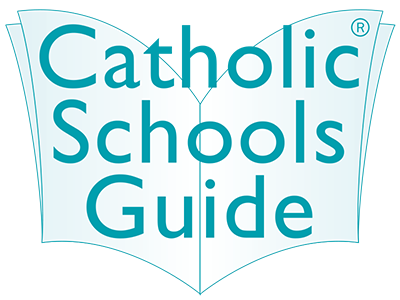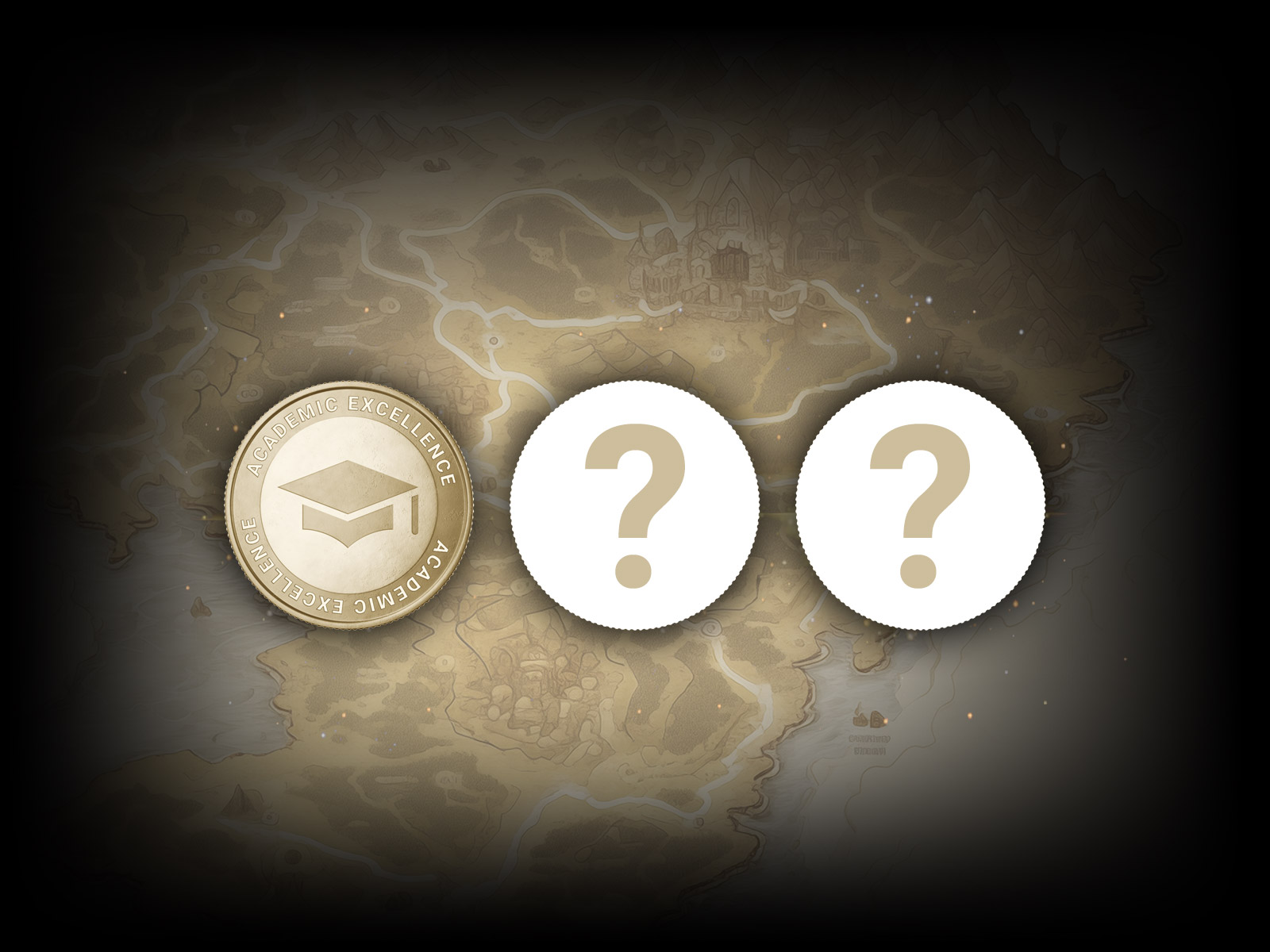News and Media

Recognising Australia’s First Peoples By Brisbane Catholic Education
In 1986, Pope (now Saint) John Paul II visited Australia and delivered an historic address in Alice Springs to the Aboriginal and Torres Strait Islander peoples:
You are part of Australia and Australia is a part of you. And the Church herself in Australia will not be fully the Church that Jesus wants her to be until you [the Aboriginal and Torres Strait Islander peoples of Australia] have made your contribution to her life and until that contribution has been joyfully received by others.
The Pope was committing the Church to reconciliation. Catholic Education plays a key role in the process of reconciliation by educating all Australians about our Aboriginal and Torres Strait Islander peoples, and by ensuring that Aboriginal and Torres Strait Islander students have equitable access to quality education in Catholic schools. We strive to achieve both of these aims through active engagement and collaborative partnerships.
CURRICULUM
The Australian Curriculum identifies two specific needs in Aboriginal and Torres Strait Islander education:
• Aboriginal and Torres Strait Islander students can see themselves, their identities and their cultures reflected in the curriculum of each of the learning areas, can fully participate in the curriculum and can build their self-esteem
• The Aboriginal and Torres Strait Islander Histories and Cultures cross-curriculum priority allows all students to engage in reconciliation, respect and recognition of the world’s oldest continuous living cultures.
There are three key concepts that are embedded in learning areas across the curriculum.
The first highlights the Aboriginal and Torres Strait Islander Peoples’ special connection to Country and celebrates the unique belief systems that connect people physically and spiritually to Country.
The second concept uses historical, social and pollical perspectives to examine the diversity of Aboriginal and Torres Strait Islander peoples’ culture through language, ways of life and experiences. Students gain a deeper understanding of Aboriginal and Torres Strait Islander Peoples’ ways of being, knowing, thinking and doing. The third concept addresses the diversity of Aboriginal and Torres Strait Islander societies. It examines kinship structures and the significant contributions of Aboriginal and Torres Strait Islander Peoples – locally, nationally and internationally.
All learning areas of the Australian Curriculum contribute to this cross-curriculum priority, to deepen students’ knowledge and understanding of Australia and the First Australians.
To add depth to these curriculum studies, Brisbane Catholic Education (BCE) also operates the Ngutana-Lui Aboriginal and Torres Strait Islander Cultural Studies Centre at Inala in Brisbane, to provide students from all backgrounds with a cultural understanding of, and respect for, Aboriginal and Torres Strait Islander peoples.
Age-appropriate learning reflects Aboriginal and Torres Strait Islander perspectives, providing opportunities for teachers and students to explore aspects of both traditional and contemporary Aboriginal and Torres Strait Islander societies.
Delivered by experienced Cultural Tutors, the program is mapped to the appropriate level of the Australian Curriculum in embedding the cross-curriculum priority, Aboriginal and Torres Strait Islander Histories and Culture. This provides opportunities for students and teachers to increase their awareness, knowledge, understanding and respect of the cultures of Aboriginal and Torres Strait Islander peoples.
STUDENT ACHIEVEMENT
An important indicator of the progress of Catholic schools’ strong commitment to reconciliation with Aboriginal and Torres Strait Islander peoples is the achievement of improved educational outcomes for Aboriginal and Torres Strait Islander students.
BCE has identified strategies around a range of focus areas which impact on students’ educational success:
• Leadership, quality teaching, and workforce development
• Culture and identity
• Quality partnerships between schools and local communities
• Attendance
• Transition points including pathways to postschool options
• School readiness
• Literacy and numeracy achievement
BCE’s Molum Sabe Aboriginal and Torres Strait Islander Strategy 2017-2020 is designed to assist schools to bridge the gap in learning achievement and to exceed learning expectations for each Aboriginal and Torres Strait Islander learner.
The strategy is founded on the belief that Aboriginal and Torres Strait Islander students fully engage and thrive as learners when their histories, cultures and spiritualties are honoured and valued.
The priorities and activities identified in Molum Sabe are aligned explicitly with the aspiration of Brisbane Catholic Education’s Excellent Learning and Teaching: Moving Forward Strategy to grow the engagement, progress, achievement and wellbeing for each student.
ASSISTANCE
BCE wants to help Aboriginal and Torres Strait Islander families who wish their children to benefit from education in a Catholic school. This may take the form of assistance with fees or other types of support. Specific scholarships to assist with the cost of senior schooling are also available to students in Years 11 and 12 through the Queensland Aboriginal and Torres Strait Islander Foundation (QATSIF).
At the end of Year 12, Aboriginal and Torres Strait Island students from all Catholic schools throughout the archdiocese join together in a Graduation Mass and ceremony with the Archbishop at the Cathedral of St Stephen as a special celebration of their achievement and the way in which the Catholic education system prioritises and celebrates their learning.
To attract Aboriginal and Torres Strait Islander students interested in a teaching career, BCE also offers current Aboriginal and Torres Strait Islander Year 12 students the opportunity to participate in the Future Teacher Mentoring Program, which can include a scholarship to help the students complete Year 12 or to study a full-time education degree at university. The program also offers parttime or casual employment in a BCE school or college, and an ongoing mentoring relationship.
On a broader level, one of the key strategic initiatives of Brisbane Catholic Education’s Diversity and Inclusion Strategy is for BCE to continue the Aboriginal and Torres Strait Islander Reconciliation Journey by developing a Reconciliation Action Plan (RAP). This plan has recently been endorsed by Reconciliation Australia and provides a blueprint for BCE to continue to listen to the voices of our First Nations People and work together towards reconciliation.

Brisbane Catholic Education is a faith-filled learning community of 142 primary and secondary schools in south-east Queensland, creating a better future for more than 72,000 students. BCE’s mission is to teach, challenge and transform through service, support and leadership for Catholic education in the Archdiocese of Brisbane, which stretches from the Gold Coast north to the Fraser Coast, and inland to the South Burnett and Lockyer Valley. Discover our schools at brisbanecatholicschools.com.au

